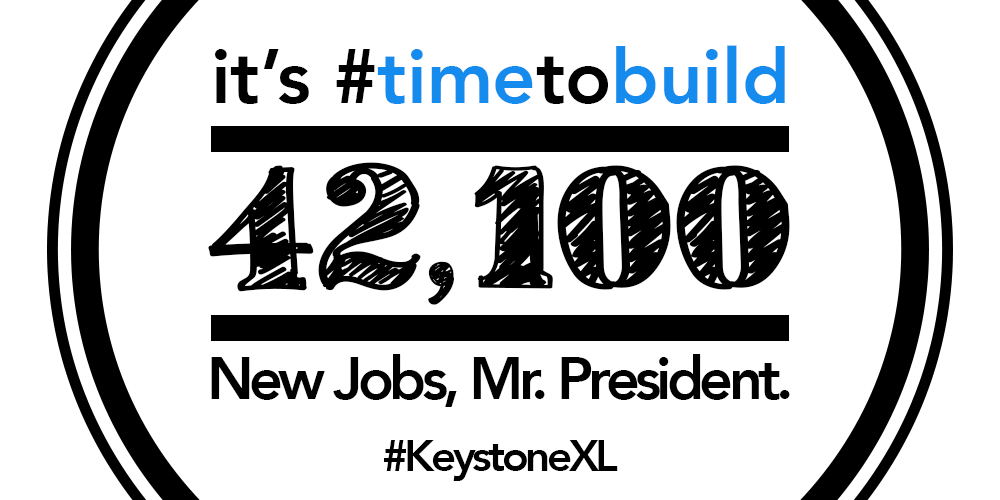Articles
House Approves Pro-Jobs Keystone Pipeline Bill
A bill to approve construction of the Keystone XL pipeline project and help create thousands of American jobs was approved by the U.S. House of Representatives today. H.R. 3, introduced in the House by U.S. Rep. Kevin Cramer (R-ND), provides for the immediate approval of the Keystone project, delayed for years by the administration. The bill passed the House by a vote of 266 to 153. 
A bill to approve construction of the Keystone XL pipeline project and help create thousands of American jobs was approved by the U.S. House of Representatives today. H.R. 3, introduced in the House by U.S. Rep. Kevin Cramer (R-ND), provides for the immediate approval of the Keystone project, delayed for years by the administration. The bill passed the House by a vote of 266 to 153. “By its very nature, infrastructure improvement creates jobs, and the Keystone pipeline is no exception. Keystone will be a tremendous boon to economic development, and it doesn’t require a single federal dollar to build. It’s time to get the federal government out of the way of the private sector and job creation,” said Committee on Transportation and Infrastructure Chairman Bill Shuster (R-PA), a co-sponsor of the legislation. “In addition to providing thousands of good-paying jobs, this project will provide a critical addition to our energy infrastructure network and help strengthen our energy security.” According to the U.S. State Department, the Keystone XL project will support 40,100 jobs and $2 billion in earnings, and will transport an estimated 830,000 barrels of oil per day – the equivalent of nearly half of U.S. imports from the Middle East. The Keystone XL pipeline is the most extensively studied and vetted pipeline project in U.S. history. The project will include 95 special mitigation measures, including 57 recommended by the Department of Transportation’s Pipelines and Hazardous Materials Administration (PHMSA), and will be built to safety standards above and beyond those required by the agency. # # # |






